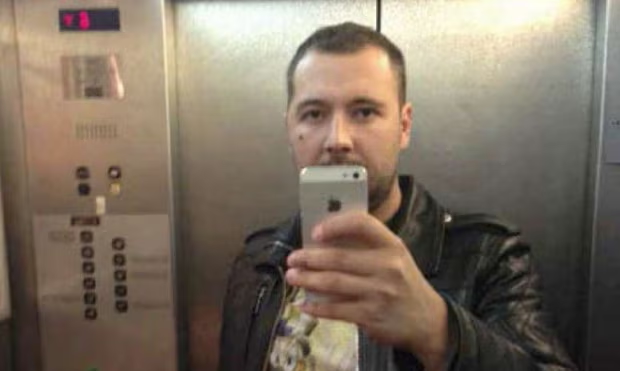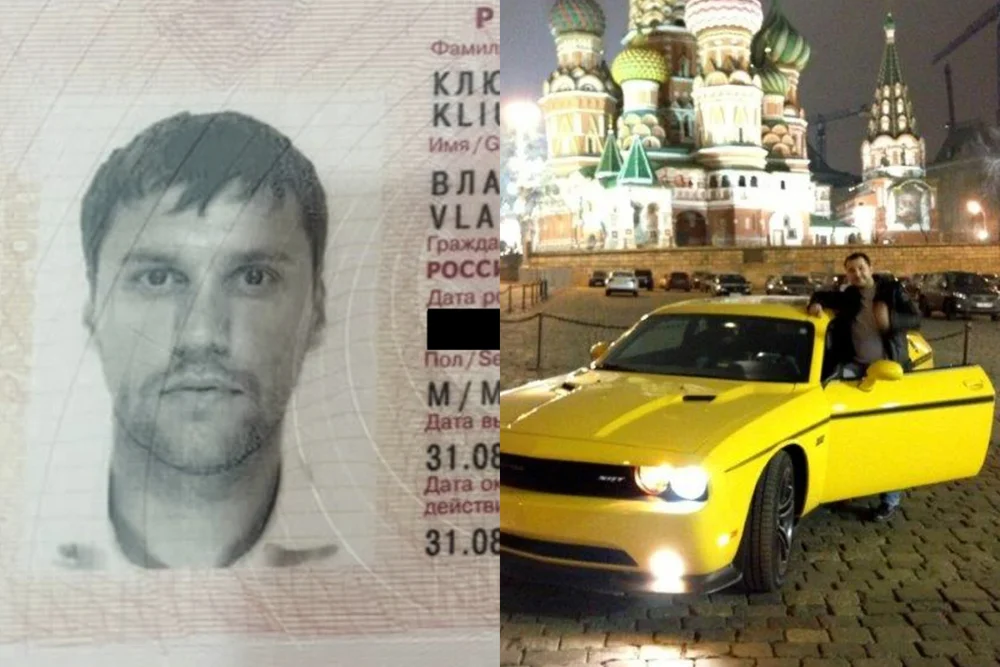In a significant geopolitical event reminiscent of Cold War-era diplomacy, the United States and Russia executed the largest prisoner exchange in decades, involving the release of high-profile cybercriminals. The swap, which took place last week, saw Russia release 16 prisoners in exchange for 8 individuals held by the United States. Among those released were two notorious Russian cybercriminals: Roman Seleznev and Vladislav Pleiushin. The exchange underscores the complex and often covert world of international cybercrime and the political maneuvering that accompanies it.
The High-Profile Criminals: Roman Seleznev and Vladislav Pleiushin
Roman Seleznev: A Cybercrime Kingpin

Roman Seleznev, a name well-known in the cybercriminal underworld, was in the seventh year of a 27-year prison sentence in the U.S. His crime? Masterminding a sophisticated credit card fraud scheme that wreaked havoc on retailers and consumers alike. Seleznev was the son of Valery Seleznev, a prominent Russian politician and ally of President Vladimir Putin, which many believe played a significant role in his inclusion in the exchange.
Seleznev’s criminal enterprise revolved around hacking into retail point-of-sale (POS) systems to steal credit card information. Once obtained, this data was sold on carding websites, generating millions of dollars in illicit profits. His operations were far-reaching, impacting businesses and individuals across the United States and beyond. Seleznev was captured in 2014 while vacationing in the Maldives, an operation that itself was a dramatic episode in U.S. law enforcement’s efforts to curb international cybercrime. His capture and subsequent extradition to the U.S. was seen as a major victory in the fight against cybercriminals, and his lengthy prison sentence was meant to serve as a deterrent to others engaging in similar activities.
Vladislav Pleiushin: The Hacker Who Traded on Inside Information

The second high-profile cybercriminal included in the exchange was Vladislav Pleiushin, a man who combined hacking with financial acumen to execute one of the most lucrative insider trading schemes in history. Pleiushin was serving a 9-year sentence in the U.S. for his role in a conspiracy that involved hacking into the networks of major corporations and accountancy firms. His objective was to steal confidential earnings reports and other sensitive financial data, which he then used to make stock trades before the information became public. This scheme netted him an astonishing $34 million in illegal profits.
Pleiushin’s arrest in Switzerland, where he was apprehended while on a skiing holiday, was a testament to the international reach of U.S. law enforcement. After his extradition to the United States, he was tried and convicted, with his prison sentence reflecting the severity of his crimes. However, like Seleznev, Pleiushin’s connections proved invaluable in securing his release. He is the owner of M13, a cybersecurity firm that provides services to the Russian government. His company’s involvement in sensitive government contracts, coupled with the fact that Pleiushin had been awarded Russia’s prestigious Medal of Honor by President Putin, likely made his return to Russia a high priority for the Kremlin.
The Geopolitical Implications of the Exchange
The exchange of Seleznev and Pleiushin, along with 14 other prisoners, for 8 individuals held by Russia, has significant implications for U.S.-Russia relations, particularly in the realm of cybersecurity and international law enforcement. On one hand, the swap highlights the ongoing tug-of-war between the two nations over key figures in the cybercriminal ecosystem. It also underscores the importance of political connections in securing the release of individuals involved in illicit activities, regardless of the severity of their crimes.
For the U.S., the decision to include Seleznev and Pleiushin in the exchange may be seen as a pragmatic move, possibly driven by the need to secure the release of American citizens or other valuable assets held by Russia. However, it also raises questions about the message this sends to cybercriminals around the world, particularly those operating under the protection of state actors. The release of such high-profile figures could be perceived as a setback in the global fight against cybercrime, where extradition and lengthy prison sentences are among the few tools available to law enforcement agencies.
For Russia, the successful negotiation for the return of Seleznev and Pleiushin is likely to be hailed as a victory, reinforcing the notion that the state will go to great lengths to protect its citizens, especially those with close ties to the government. It also serves as a reminder of the often-blurred lines between state and criminal activity in the realm of cyberspace, where cybercriminals can sometimes act as proxies or assets for national governments.












